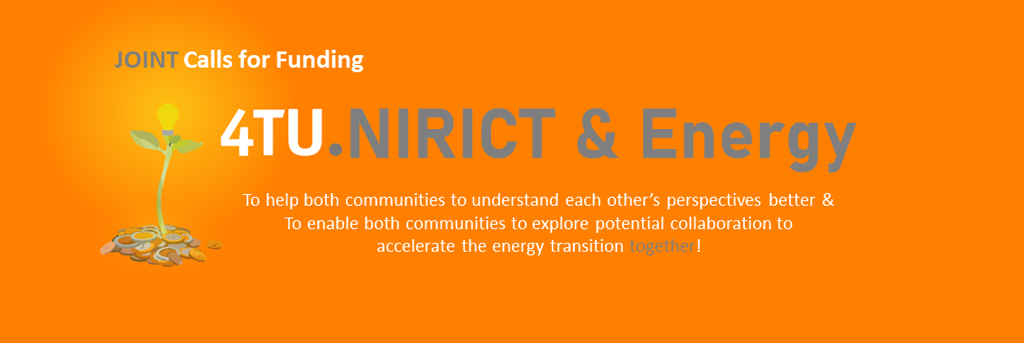4TU Energy grant for Bijoy Bera for research (with UT) on Magneto-Iono-caloric Heat Pumps
Recently, dr. Bijoy Bera (Interfacial Physis Lab/Transport Phenomena Section) received, together with his collaborator dr. Keerthivasan Rajamani (University of Twente), the 4TU Energy grant, which promotes collaborative efforts among the four technical universities of NL to address the energy issues/future of this country. ChemE News sat down with Bijoy for more info.
What is a heat pump? Why does NL need them? What’s wrong with the current heat pumps?
A pump is a device where we put (electrical) energy to obtain work. Heat pump is where work (together with heat from a source) is supplied to a device to obtain heat, very useful for efficient heating of households. The heating demand for the built environment in the Netherlands alone is expected to be 333 PJ of energy in 2030. As of 2022, 82% of Dutch households still use natural gas for heating. (Traditional vapor compression system) Heat pumps are being increasingly used in Dutch households (if you ask me, not as much as should be), but the major problem is their efficiency, which tends to hover around 40%-50%.
How is your research going to improve the situation?
Dr. Rajamani (UT) and I are going to investigate, model and design a new type of heat-pump: Magneto-iono-caloric heat pumps. We plan to use magnetic ionic liquids where low strength magnetic field can be used to bring the melting point of a salt down to below the room temperature. The heat of solidification/crystallization of the salt can then subsequently be used as the heat source of the heat pump, which will lead to higher Carnot efficiency.
What is the nature of the collaboration in this project?
Keerthi (Dr Rajamani) is an expert in magneto-caloric devices where magnetic fields are applied to change the energy input/output of a system. I will bring my expertise of ionic manipulation of energy interactions in a system. Keerthi and I were chatting about our areas of interest about a year ago, and we realized that by combining these two points of interest, we can come up with something unique!
Why is this research important? Will this grant be sufficient in that quest?
There is right now a strong direction in the Dutch research landscape to contribute to new forms of energy and how to increase efficiency in processes producing these forms of energy. However, classic thermodynamic processes (such as a heat pump) are often overlooked. This grant is a small but timely incentive for us to start the work, and hopefully our results will inspire colleagues to join us and create a platform for something bigger.
Sounds interesting! When can we buy magneto-iono-caloric heat pumps for our houses?
Not for a little while, unfortunately! But we are talking about years not decades! And once we can make it, it will open many doors for us, not only for household heating, but for renewed faith in novel energy systems!

